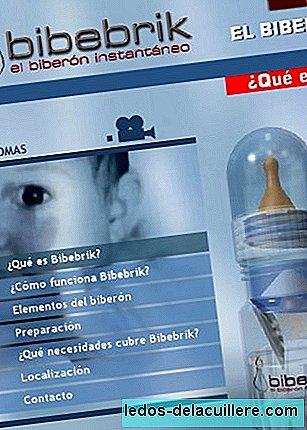
That taking medications during pregnancy is a risky thing everyone knows. What the mother takes is also taken in some way by the fetus, so when taking medication you have to measure the risks and benefits very well.
For different reasons for many acquaintances, such as stress, sedentary lifestyle and others, many women suffer from pain and contractures that are usually relieved by anti-inflammatories.
The problem is if you have those aches or pains and you are pregnant, because a study published in the "Canadian Medical Association Journal" has revealed that the risk of miscarriage is 2.4 times higher in those women who took nonsteroidal anti-inflammatory drugs (NSAID) in the first trimester of pregnancy.
If you are wondering what NSAIDs are, say that the most common are Ibuprofen and Diclofenac (Voltaren). Two widely used anti-inflammatories that many women have come to take at the beginning of pregnancy, especially since one does not always know that she is pregnant when she is medicated.
For the study I commented, 4,705 cases of spontaneous abortion were analyzed until the 20th week of pregnancy, observing that in 352 cases (7.5%) women had taken NSAIDs.
These cases were compared with 47,050 cases of women who served as a control group, who had been mothers (did not abort) and it was observed that 1,213 (2.6%) had taken the aforementioned anti-inflammatories.
As the study authors commented the highest risk for pregnancy was observed in women who had taken Diclofenac. In addition, they added the following:
Taking into account that the use of NSAIDs during early pregnancy increases the risk of congenital malformations, and that our results suggest an effect on the risk of clinically detected spontaneous abortion, NSAIDs should be used with great caution during pregnancy.
In short, it is what we all already knew, because the only thing that is usually prescribed to a pregnant woman is Paracetamol (which is not anti-inflammatory), and it is increasingly given due to the possible association with asthma in the baby.
I see the problem here in what I have already commented: many pregnant women take medication and do things that nobody would recommend to a pregnant woman, simply because not even they know they are.












